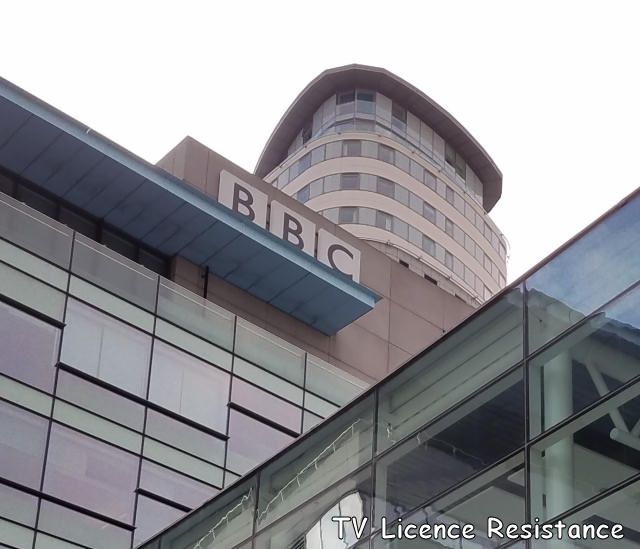The BBC is to ask new staff to disclose how middle class they are as it aims to become more diverse, it was reported.
- New rules follow 2014 report finding that quarter of staff privately educated
- Recruits will be asked about education and if they had free school meals
- People from ‘under-represented’ backgrounds offered pre-application advice
- Women will make up half of interviewing panels to increase fairness at BBC
Workers for the corporation could have to declare their family income and details of their upbringing.
It follows concerns about lack of diversity within the organisation. This included a 2014 report by a government social mobility commission, which found more than a quarter of staff were privately-educated.


A BBC source said: ‘We are already making a real difference to diversity on and off air but we’ve been clear there is more to do.
‘Nothing should be a barrier to thriving at the BBC whether it is where you were born, what school you went to, the colour of your skin, your gender or a disability.
‘If we’re going to serve audiences even better and be the creative powerhouse for the UK at home and abroad, we need the best people working for us and a workforce that reflects the many communities that exist in the UK – that’s what these plans will ensure.’
Under the BBC plans, new recruits will be asked for information including the type of school attended, had free school meals and whether they were the first in their families to attend university.
Pre-application training would be offered to recruits from ‘under-represented’ backgrounds.
Women would also make up half of interview panels and there would be an increase in numbers of apprenticeships.